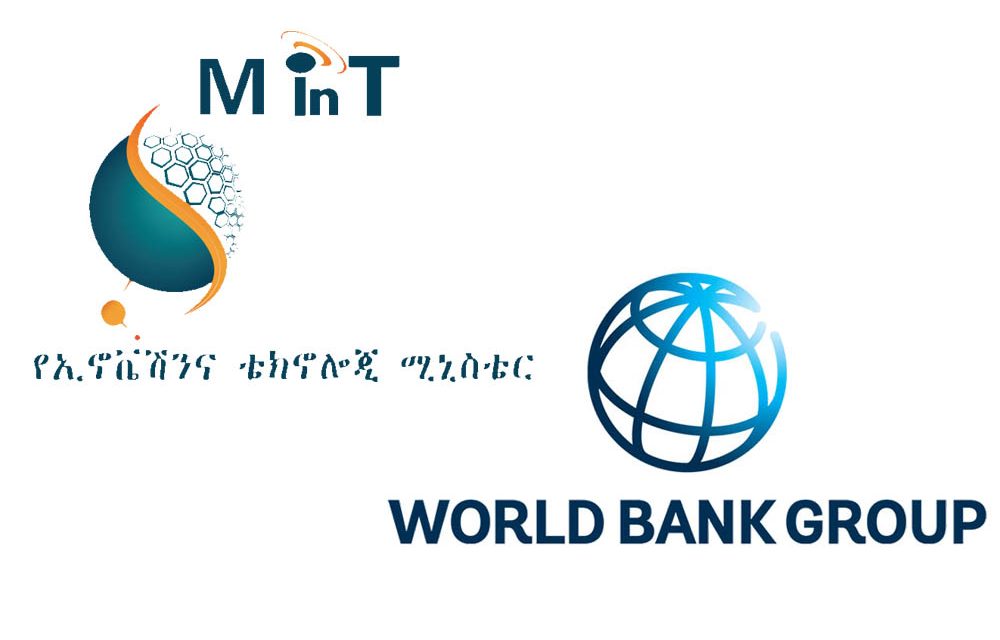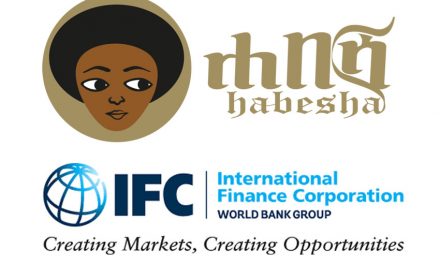The Ministry of Innovation and Technology (MiNT) finalized its preparations to implement an Ethiopian digital foundation project worth USD 200 million. It aims to boost Ethiopia’s competitiveness in the digital sector through increased inclusion and affordability of digital services and digital job creation.
The World Bank has already given a green light and is expected to wholly finance the project, while the Ministry has met the preconditions needed during the implementation period.
Although the project was initially designed two years ago, the Ministry has been undertaking different reforms, including drafting of legal frameworks and stakeholder engagement plan, in order to have a smooth implementation stage and ensure the objectives of the project are met.
“The project will soon be implemented once the preconditions for disbursement of the fund are met, and discussions have already begun with officials of the World Bank,” said Abyot Bayu (PhD), Digital Transformation Program Director at the Ministry.
The five year project will be implemented throughout the nation including in rural and urban centers and is expected to have an overall positive impact on the country’s population by reducing costs and enhancing the reliability of digital access.
In addition, the project is expected to increase efficiency of public service delivery through the support of digitalization of public services, allowing digitalization of higher education, thus raising graduate’s preparedness for the digital world.
The first component of the project, which is expected to cost USD 40 million, aims at strengthening the analog foundations of the digital economy, in particular policymaking and regulation for the telecommunications sector, and for the development of digital entrepreneurship.
Costing USD 200 million, the second component is expected to crowd-in private sector investments to improve regional and domestic fiber-optic connectivity infrastructure, connect public institutions and priority target groups to broadband internet at affordable rates, and bring down the overall cost of internet services.
“Under this component, the project will improve the level of coverage of rural broadband (3G/4G/5G) by creating incentives for private operators to develop cell towers and provide mobile broadband coverage in areas not currently served, and to upgrade existing 2G services to 3G and above,” the Project document reads.
The third component, which requires USD 50 million, aims to nurture a healthy pipeline of digital entrepreneurs in Ethiopia and lay the foundation for high growth digital industries.
The last component of the project is expected to cost USD 10 million and will be used for project management.
Currently, the ministry is designing different sorts of programs that will be included in the project. This includes integrating federal offices and allowing them to provide services digitally.
“A lot of activities will be conducted to rehabilitate technology advancement works and empower IT professionals,” said Abyot.
According to Abyot, as soon as the last stages are finalized, it may start implementation as of the next fiscal year. But with all the funds yet to be disbursed by the World Bank, the ministry has to wait until both the Ethiopian government and the World Bank come to a consensus and launch the project.
TheReporterEthiopia



